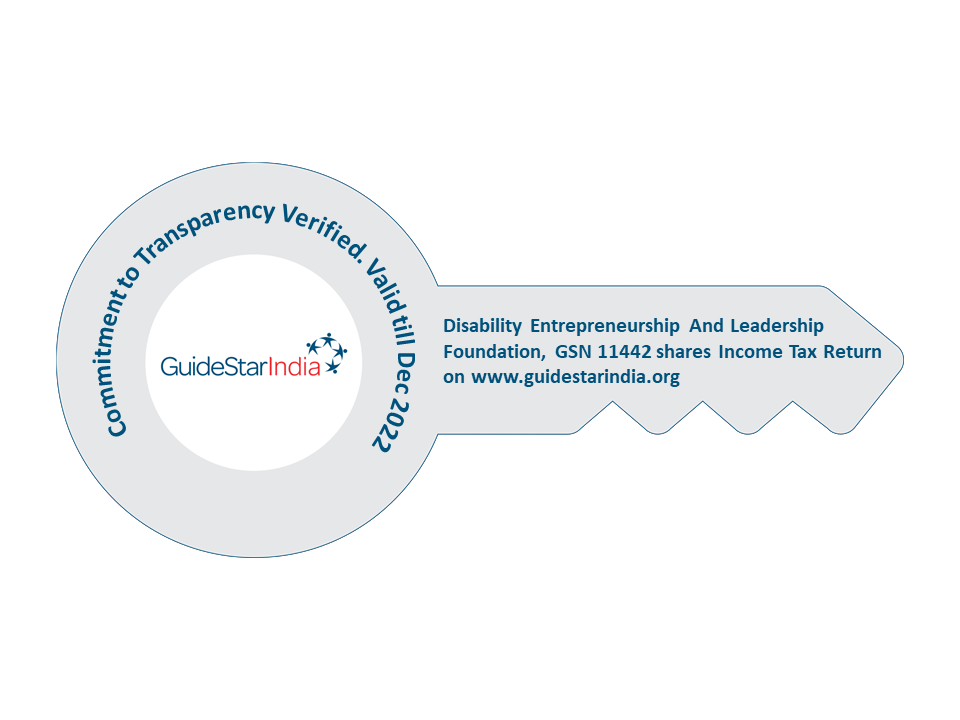Disability has become a globally wide spread problem as persons with disabilities when compared to the general public face a number of barriers with regards to health and other essential services.
The International Classification of Functioning, Disability and Health (ICF) defines disability as an umbrella term for impairments, activity limitations and participation restrictions. Impairment is a problem in body function or structure; an activity limitation is a difficulty encountered by an individual in executing a task or action; participation restriction is a problem experienced by an individual in involvement in life situations.
Did you know?
Over 1 billion people, about 15% of the world’s population have some form of disability. Of this number 110 million to 190 million people of 15 years and older have significant difficulties in functioning and 93 million people less than 15 years of age live with a moderate or severe disability.
In the coming years, the prevalence of disability will continue to grow due to increase in ageing populations and with the spread of chronic diseases such as diabetes, cardio vascular disease, cancer etc. According to World Health organization (WHO) estimates:
- 200 million people need glasses or other low vision devices and do not have access to them.
- 70 million people need a wheelchair, only 5-15% have access to one.
- 360million people globally have moderate to profound hearing loss and only 10% of global needs of hearing aids are met.
- Half of the people with disabilities cannot afford health care.
This calls for a deeper understanding on the causes of disabilities and possible ways to eliminate them.
The causes of disabilities include but are not limited to.
Communicable diseases such as, tuberculosis, HIV/AIDS, and other sexually transmitted diseases. Childhood cluster diseases such as measles, mumps, and poliomyelitis.
Non communicable diseases chronic diseases such as diabetes, cardiovascular disease, arthritis and cancer cause the majority of long-term disabilities.
Air pollution, poor water supply, sanitation, and personal and domestic hygiene, malnutrition are also the major contributors for disability.
While we analyse the causes for disabilities, it is equally important to understand how this can be managed so as to help persons with disabilities.
As most persons with disabilities suffer from major health complications, it is essential for health care centres to be accessible and affordable at all times.
in addition to this, assistive devices such as crutches, prostheses, wheelchairs, and tricycles for persons suffering from mobility impairments, hearing aids and cochlear implants for persons suffering from hearing impairments; ocular devices, talking books, and software for screen magnification and reading for people with visual impairments is advised based on the user and the user’s environment.
By doing this, the problems of persons with disabilities can be eliminated to a great extent.
(Source: www.aimu.us)
Disability Entrepreneurship And Leadership (DEAL) Foundation works across the districts of Gadag and Bangalore in promoting sustainable livelihood opportunities for persons with disabilities.
As a part of our work, we try to promote awareness on the causes and ways to eliminate disabilities.
For specific questions regarding the blog, please write to us at info@deal-foundation.com
And to understand more about the work we do, please log on to www.deal-foundation.com


 Awarded by Guidestar India
Awarded by Guidestar India